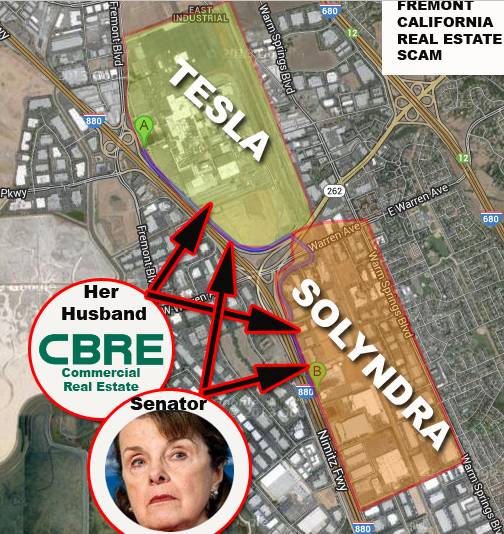Senate Judiciary Chair: ‘FBI Tried to Gag Its Agents With Non-Disclosure Agreement’ on Clinton Probe

(CNSNews.com) – In a strongly worded letter to FBI Director James Comey about his handling of the investigation of former Secretary of State Hillary Clinton’s use of a private email server for government business, Senate Judiciary Committee Chairman Chuck Grassley (R-IA) said he was troubled that “the FBI tried to gag its agents with a non-disclosure agreement on this matter, in violation of whistleblower protection statutes.”
Noting the many “inconsistencies” in Comey’s announcement on Tuesday that he would not recommend criminal charges against Clinton, Grassley’s July 6 letter stated that “in light of these inconsistencies, it is even more troubling that the FBI tried to gag its agents with a non-disclosure agreement on this matter, in violation of whistleblower protection statutes.
“In your July 1st reply to my February 4th letter, you indicated that agents working on this case were required to sign a non-disclosure agreement that failed to exempt protected whistleblowing. Only after I wrote to you did you advise your FBI agents that they are still free to speak with Congress regarding waste, fraud, and abuse,” Grassley wrote.
The Judiciary Committee chairman also reminded Comey that he had failed to respond to a previous letter in which Grassley asked him whether “a special counsel was warranted in the Clinton investigation in light of the conflicts of interest that exist between Department of Justice officials, such as the Attorney General, and Secretary Clinton.”
That letter was sent to Comey in May, before Attorney General Loretta Lynch privately met with Clinton’s husband, former President Bill Clinton, on an airport tarmac in Phoenix.
“I also asked, if you did not believe one was warranted, that you explain why your opinion in this case is different from your decision to appoint a special counsel in the Valerie Plame investigation after Attorney General Ashcroft recused himself.
“You failed to provide any response at all to that letter,” Grassley noted.
Grassley also questioned Comey’s statement that although Clinton and her aides were “extremely careless in their handling of very sensitive, highly classified information,” the FBI “did not find clear evidence that Secretary Clinton or her colleagues intended to violate laws governing the handling of classified information.”
“You entirely failed to explain how information that was marked as classified – rather than so-called ‘derivatively classified’ information contained in email conversations – could end up on an unclassified system without the intent of the person who transferred them,” the senator told Comey.

“You stated that because you were unaware of prior prosecutions absent evidence of intent, the FBI’s view is that no charges are appropriate in this case,” Grassley added.
“This ignores the requirements of the law itself, the evidence of intent regarding the marked classified information, and the evidence of intent in establishing the private server in the first place.”
“Under the law, it is a ‘well-settled principle that false exculpatory statements are evidence – often strong evidence – of guilt’,” Grassley’s letter continued.
“As your statement and the State OIG report both demonstrated, Secretary Clinton and her representatives made numerous exculpatory statements later shown to be false: that she never sent or received any classified information; that she never sent or received any information that was classified at the time; that she never sent or received any information marked as classified; that she established the server setup in order to only have to use one device; that the State Department approved her server arrangement; that her attorneys reviewed each of her emails in sorting them for deletion or production; that she turned over all her federal records; that she would cooperate with any inquiries into the issue; that she would encourage her associates to cooperate as well.
“Did the FBI weigh the probative value of this cavalcade of false statements in determining her guilt and intent, as it should have under the law?” Grassley asked.
In a statement following Comey’s announcement, Grassley said that if the FBI “wants to avoid giving the impression that [it] was pulling punches, because many people in a similar situation would face some sort of consequences, the agency must now be more transparent than ever in releasing information gathered during its investigation.”







